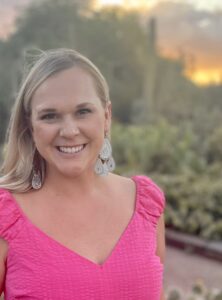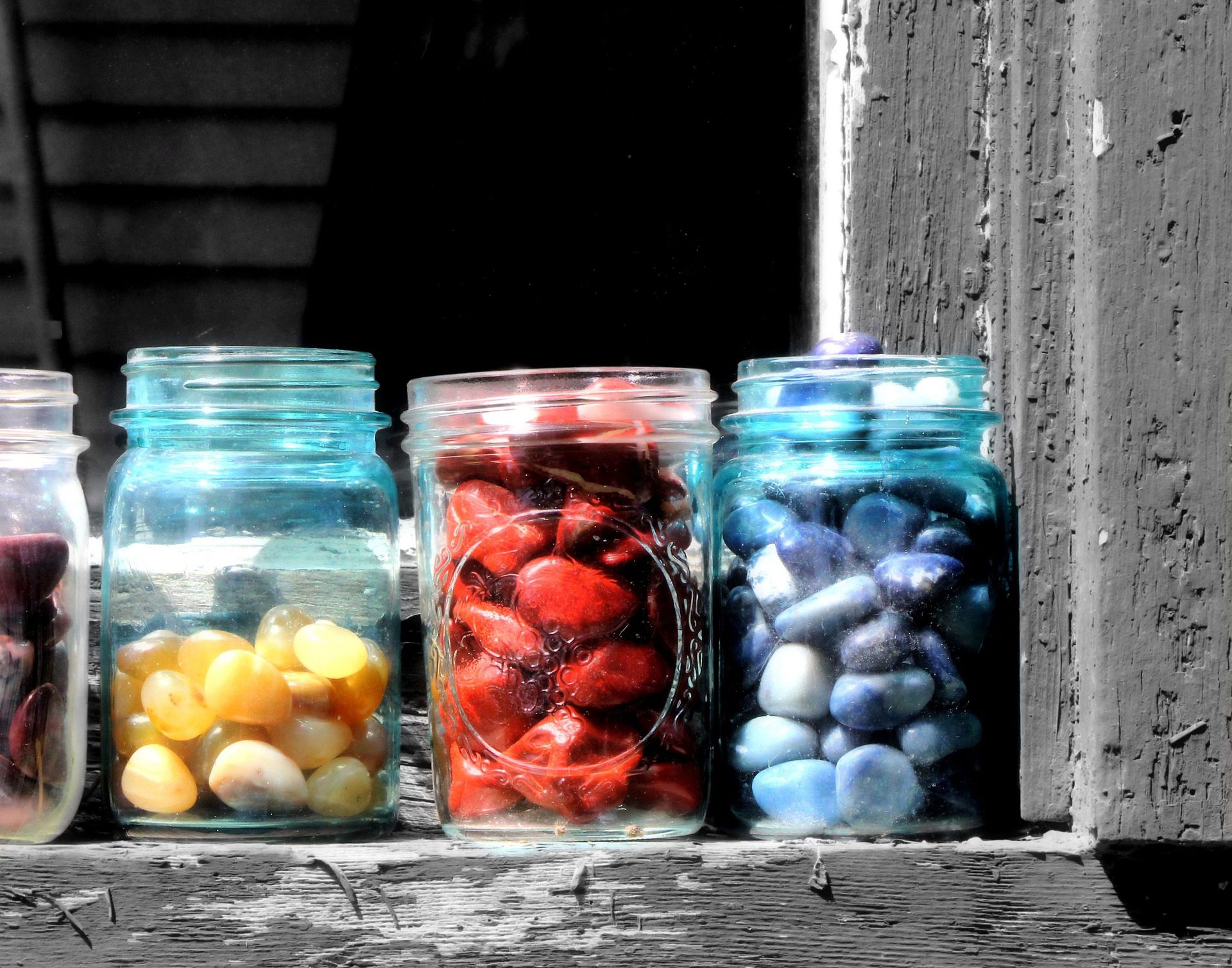Have you ever heard of the rocks, gravel, and sand metaphor?
I learned about this parable from Dr. Tai Mendenhall in a recently published webinar entitled, “The Realities of Resilience in the Face of Burnout.” Then, I had the opportunity to converse with Tai on a more personal level through a podcast interview for our Family Transitions team at OneOp. Tai reflected upon this metaphor once again – connecting it to burnout among helping professionals and tools to promote resiliency.
So, this is how the story goes …
There’s a well-known story about a university professor that wanted to make a point about the importance of prioritizing how we spend our time.
The professor stood in front of his class with a display of items. He took a large empty jar and filled it with large rocks. He then asked the class “Is the jar full?” And the class responded, “Yes, the jar is full.”
The professor then took some gravel and added them to the jar – giving the jar a little shake to move the pebbles into the open areas around the rocks. The professor asked the class again if the jar was full and they agreed, “Yes it is full.”
The professor then took some sand and added it to the jar, filling the spaces between the rocks and the gravel. He asked again, “Now is the jar full?” The students laughed and agreed, “Yes, it’s full.”
The professor then said, “This jar represents your life. The big rocks signify the really important things in your life, such as health, family, and friends. The gravel is the other things that matter in your life, such as work or school. And the sand signifies the remaining small stuff”, such as material possessions or as Tai mentioned, “checking in on Facebook.”
If you were to reverse the order of filling the jar and add the sand first, there would not be enough room for the rocks and the gravel. The same principle applies to your life. If you spend too much time focusing on the small things (the sand), you won’t have enough space or time, or energy to focus on the things that are truly important (the rocks).
So, how does this work for burnout prevention? Here are a few thoughts from Tai addressing this question:
- “You will never be done. You will never reach everybody that needs help.”
- “As a professional, if you are the best that you can be … because when you’re at work; you’re at work, and you’re taking care of your own physical body with exercise, and practice good sleep hygiene… your relationships aren’t falling apart because you honor them… then you’re able to go back to work the next day and be the best you can be again … and the best that you can be again…”
- “If you’re doing your life right, you will have the privilege to be right there in front of someone that is hurting, and then you will hear what you need to hear… you will notice the cues… you’re going to ask the right questions because you’re not burned out. But know that you’re doing yourself right, by doing right by them.”
In the words of Tai, “What are your rocks?” I encourage you to sit down each week and make note of your rocks, gravel, and sand – Clean up your schedule, stay consistent, and the benefits will come.
Writers Biography
 Jenny Rea, Ph.D., is a military spouse and mom of four kiddos under six years. Jenny consults with OneOp and is an Assistant Professor of Practice in the Department of Human Services and Director of the Certificate in Military Families at the University of Arizona.
Jenny Rea, Ph.D., is a military spouse and mom of four kiddos under six years. Jenny consults with OneOp and is an Assistant Professor of Practice in the Department of Human Services and Director of the Certificate in Military Families at the University of Arizona.
Photo source: Pixabay















